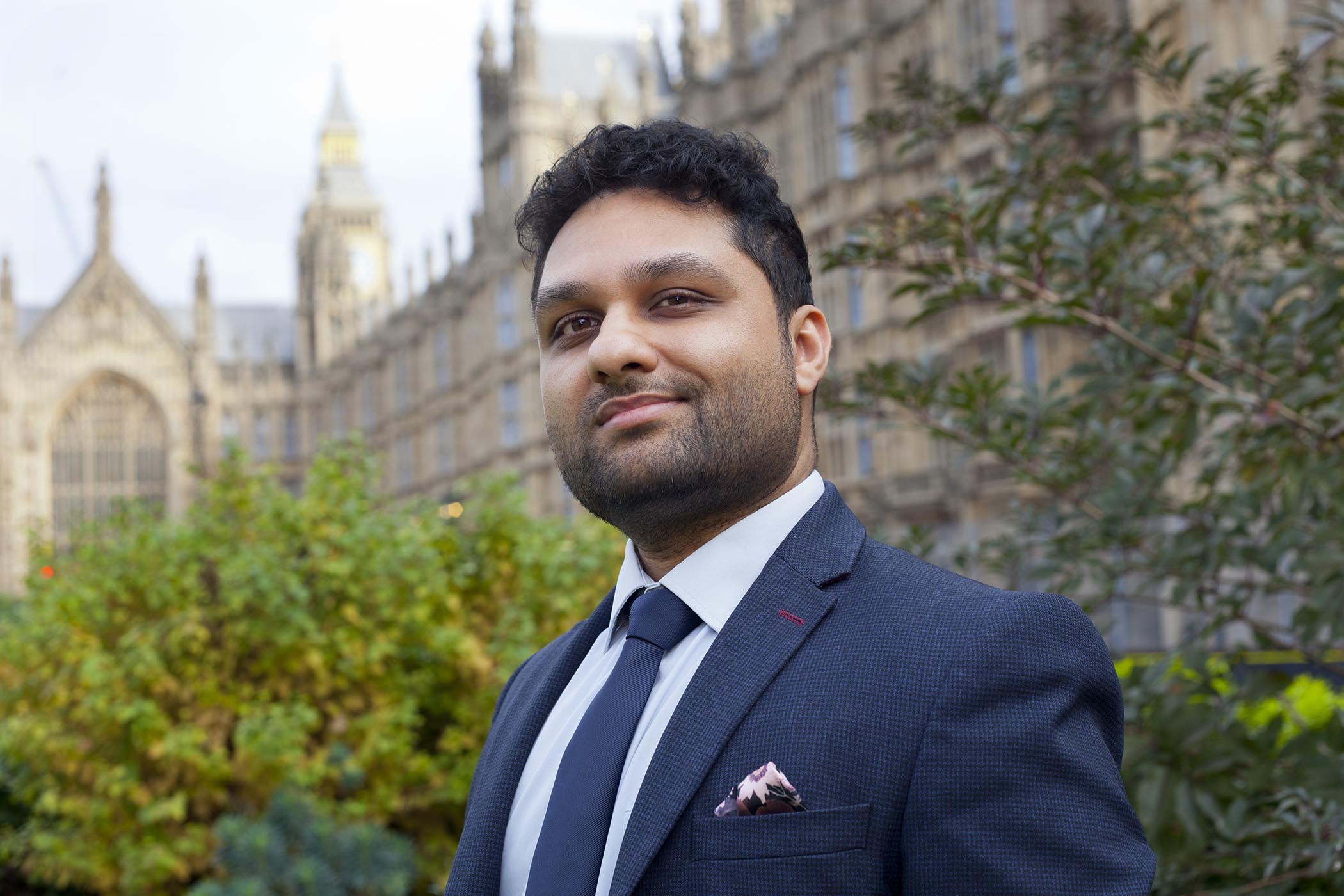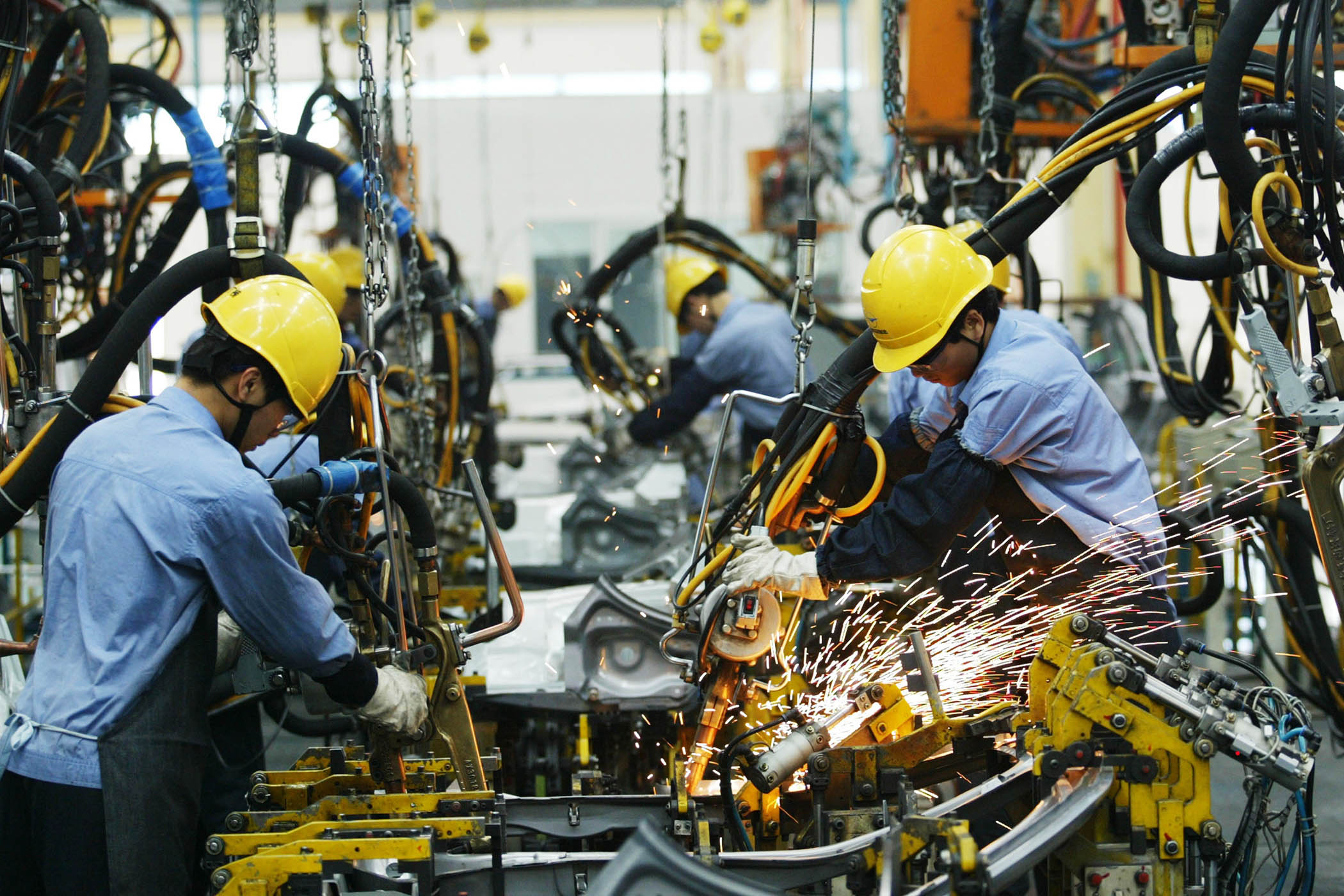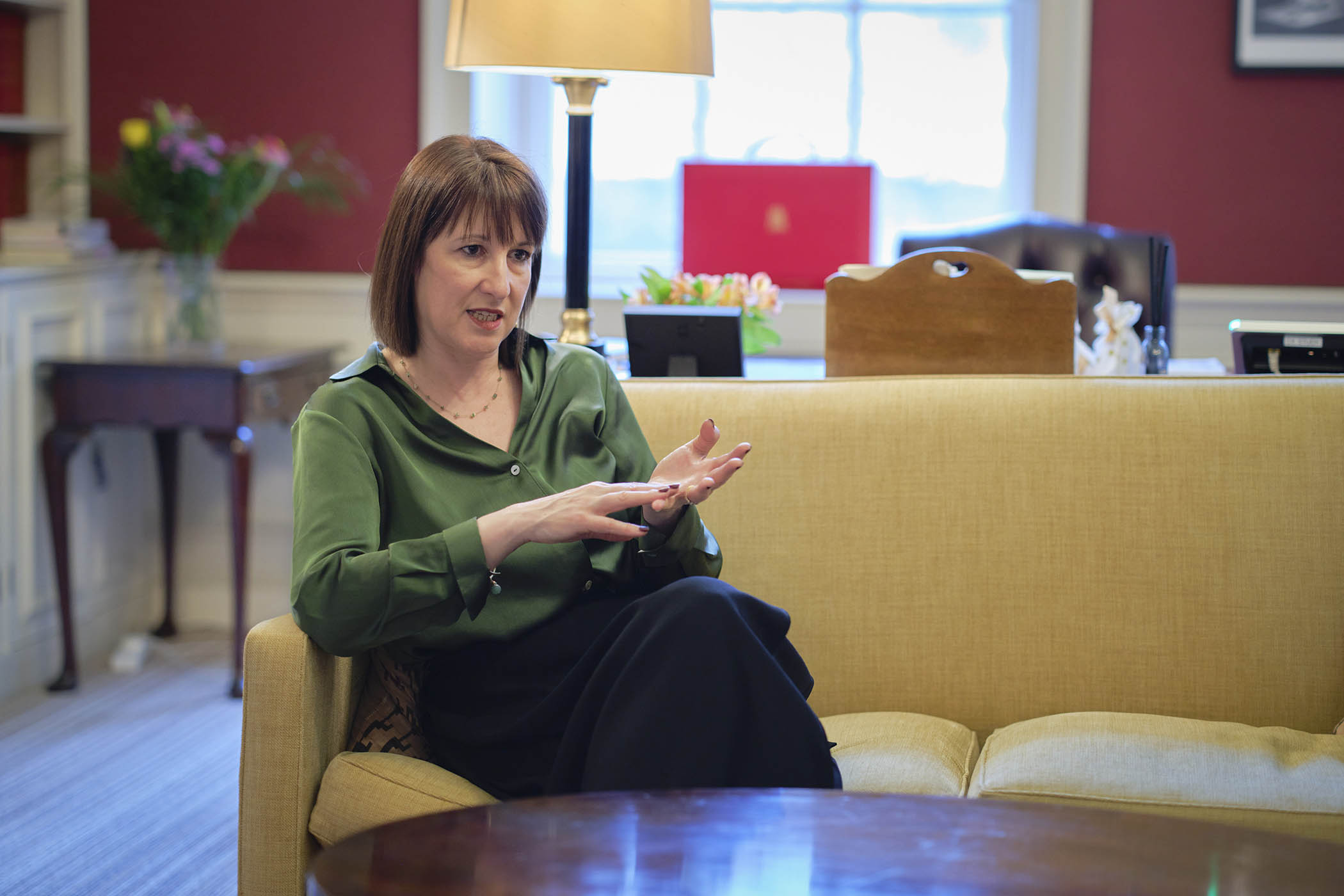Few will know about the “glass famine” of 1915. The optical glass used in binoculars, telescopes and sniperscopes was essential for fighting during the first world war at long distances – and the UK was in danger of running out. So the government sent an official to Switzerland to investigate if it would be possible to obtain supplies from the world’s dominant supplier, who, as it turned out, was also the enemy.
But Germany was in a similar pickle. The Second Reich was desperately short of rubber for tyres and engine fan belts. Against the odds, a deal was struck that suspended the normal conventions of warfare. Rubber for glass.
For Fhaheen Khan, a 31-year-old economist at MakeUK, this example, drawn from Ed Conway’s book Material World, remains instructive. Britain, if it fails to heed the flashing lights, could end up compromised once again.
“We need to think beyond economic value. What does it mean not to have the ability to make things in your own country? We saw what happened in the pandemic [with] hand sanitisers, PPE products, ventilators… The US understands that domestic capacity investment is important for national security. We need that here.”
Khan’s call for resilience comes at a time when Britain’s manufacturing supply chains face grave threats. The three-month outlook for orders is at its weakest since 2020, according to the CBI. Last week it emerged that the Jaguar Land Rover cyberattack that started in late summer is expected to cost the economy £1.9bn. Working at the manufacturers trade body, Khan met suppliers who had lost whole order books as result of the attack.
He’s often in Westminster, informing manufacturing policy, and is a font of factoids, such as that manufacturing accounts for 47% of all research and development (R&D) in the private sector, and 17% of total business investment in Britain. But he says our standing as the 11th largest manufacturing base in the world is at risk. Much of the problem, he says, is the cost of energy, adding that there is “a lot of fog” around plans to lower prices for manufacturers from 2027.
We want ideas invented in the UK to stay in the UK and contribute to the economy
We want ideas invented in the UK to stay in the UK and contribute to the economy
Fhaheen Khan
His wishlist for the budget focuses not so much on the “big three taxes” (and whether they will rise) but on the “big three tax reliefs”: tax allowances, credits for R&D and what’s known as the Patent Box – a way to slash a business’s corporate tax on profits that flow from ideas patented in the UK. The last, Khan argues, is “massively underutilised”: only 1,600 businesses last year elected to use the Patent Box, and 94% of them were large companies.
“We want ideas that are built and invented in the UK to stay in the UK, to grow in the UK, to contribute to the UK’s economic prosperity, which is GDP, good jobs, and quality of life improvement. We’re letting some of that go.” His own improvements have been hard won. “We relied on the welfare system growing up, as my mother was unable to work. Everything from living in social housing to needing free school meals played a significant role in influencing my perception of the state’s role in supporting the underprivileged… I think we underestimate the value of that social support that used to exist in the UK and are now seeing a generation of young people who are struggling in a new age.”
Related articles:
Working in economic policy wasn’t always the goal. Khan spent several years working as a private equity headhunter (learning about “supply and demand”) in order to fund a degree in economics at LSE. Then, during his six years at MakeUK, he won a n internal competition to join vocL, an organisation co-founded by former Siemens boss Juergen Maier, which mentors mid-career leaders in an effort to “raise the new voices of responsible business leadership”.
Khan now mentors via Queen Mary University, London. But with university fees set to climb with inflation, he is an advocate for alternatives. “There is still a perception that university is the only path to a good career. We’re trying to change that.” In a world where uncertainty abounds, especially for young people, his argument for security is convincing. Manufacturing is one way to get it.
Newsletters
Choose the newsletters you want to receive
View more
For information about how The Observer protects your data, read our Privacy Policy
Sophia Evans/The Observer


